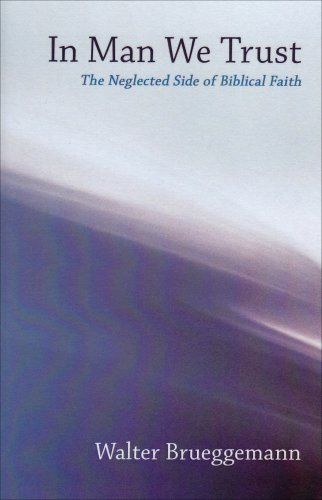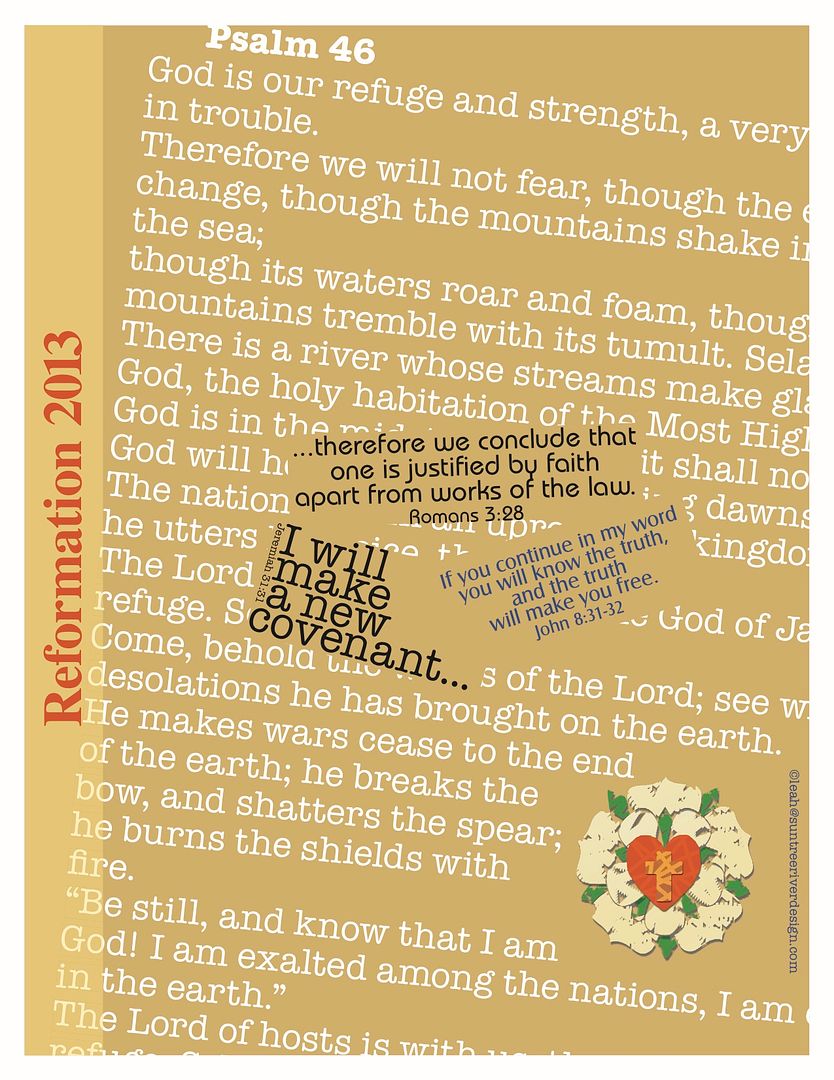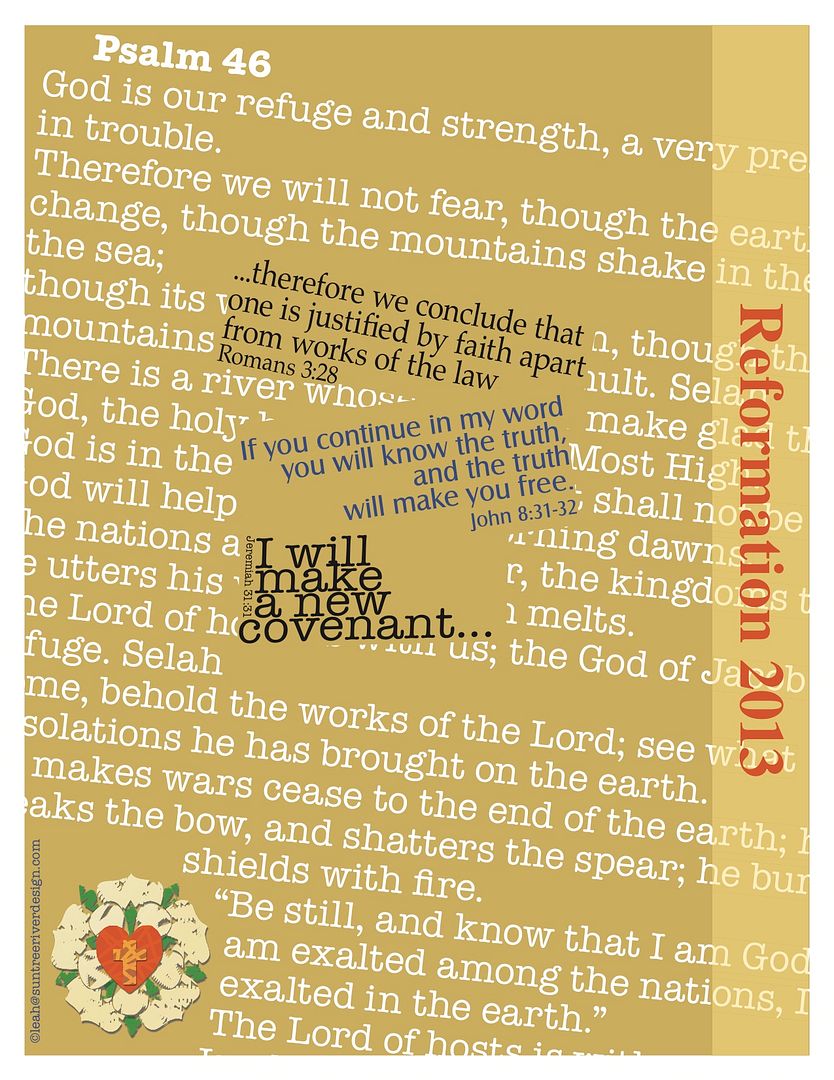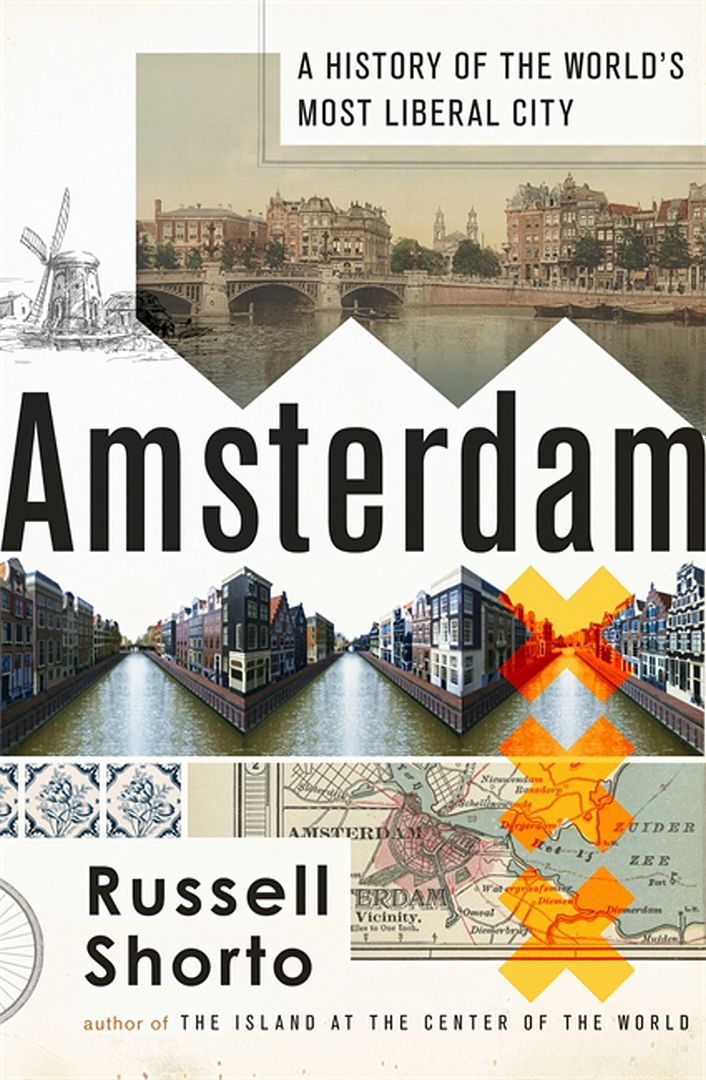 Most likely I picked up a hardbound copy of In Man We Trust in perfect condition with no dust jacket, no bookplate, or owner inscription from a free books shelf or bin at divinity school. I've recently reviewed and blogged a few other books by Walter Brueggemann, so here's another, this time it's a first reading of the ©1972 book for me; there's a later 2006 edition.
Most likely I picked up a hardbound copy of In Man We Trust in perfect condition with no dust jacket, no bookplate, or owner inscription from a free books shelf or bin at divinity school. I've recently reviewed and blogged a few other books by Walter Brueggemann, so here's another, this time it's a first reading of the ©1972 book for me; there's a later 2006 edition. Particularly for those of us within the theological and ecclesiastical traditions of the Reformation who tend to run with a Paul – Augustine – Luther theological focus and a Heilsgeschichte theological perspective, a strong emphasis on human freedom, responsibility, capability, and competence doesn't quite ring true. Wisdom literature? For sure I'm neither the first nor the last to believe on some level that Proverbs and Ecclesiastes don't really belong in the biblical canon—or in a third or a fourth canon, either. Although Brueggemann discusses Job, Proverbs, and Ecclesiastes to some extent, more than anything he reminds us we discover the same ethos along with material from similar sources in the "J" or Yahwist Pentateuch source—supremely in the life and style of King David, to a more limited degree in the social, religious, and economic styles of United Monarchy bookends Kings Saul and Solomon. Beyond that, the author points out the life and ministry of Jesus of Nazareth (particularly in Matthew's gospel account) reveals Jesus as Son of David, as a King like unto David, and in human wholeness, freedom, and a rare ability to seize the day – including the day of resurrection – very much as the New David, dancing in the face of death.
We confess we follow the Way of the crucified and risen One. What does it mean to take his name upon us? An arduous journey to the cross? Possibly for a literally select few. What about assuming the fullness of responsible, responsive, humanity? Everyone in the Western world does not spend their days hung up with sin and guilt; in fact, even most protestants aren't mini-Luthers. This viewpoint isn't necessarily one to assume in place of Paul – Augustine – Luther; it's complementary to it in the sense of completing or rounding out, as a way to balance our days. At least since the late twentieth century, fewer and fewer have been walking that walk. Between a little too much, "God, be merciful to me, a miserable sinner, I'm here to claim forgiveness again" amongst church-going adults, and too many parents coddling their kids, absolving their offspring of taking charge of their own lives, every one of us could benefit from the wisdom literature's exploration of wise, fruitful living. You could call this celebration of human freedom, responsibility, capability, and competence a kind of "possibility thinking," and why not?
"They cut me down, and I leapt on high; I am the life that'll never, ever die. I am the Lord of the dance, said he."
my amazon review: an important perspective




